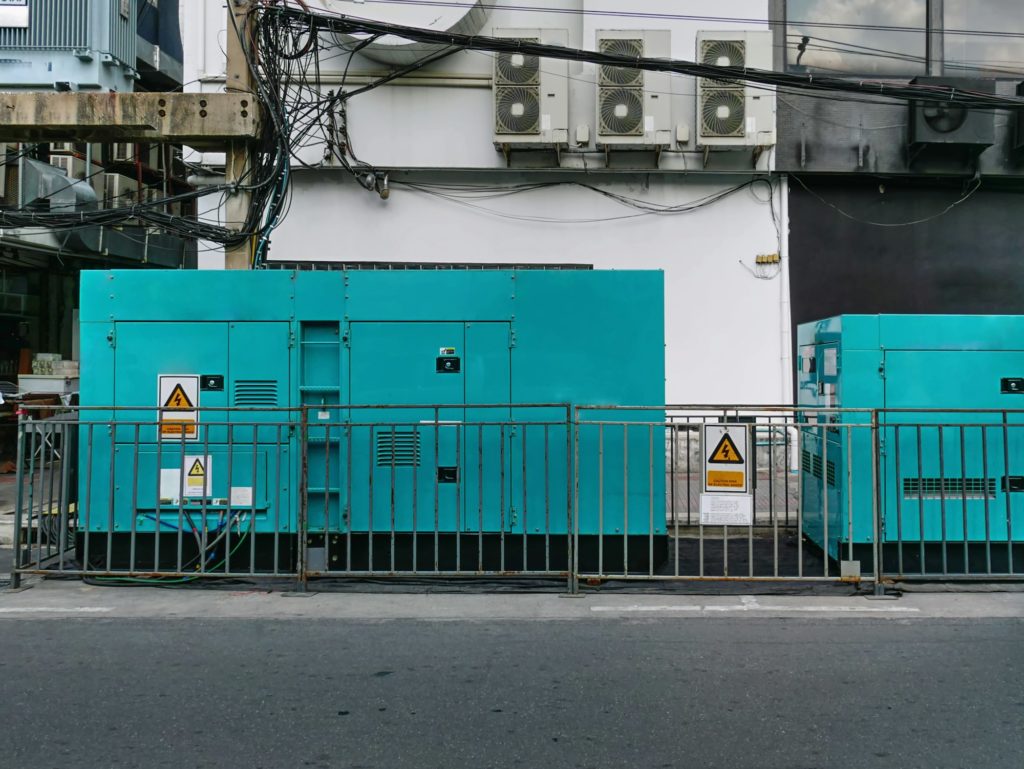Generators are critical for keeping your home or business powered during outages, but many people have questions about how they work, how to maintain them, and what to do when issues arise. Here’s a simplified breakdown of some frequently asked questions to help you understand your generator better.

1. How Often Should You Service Your Generator?
Routine maintenance is key. You should have your generator inspected every 6-12 months, depending on usage. Regular checkups ensure it’s ready when you need it most.
2. How Long Can a Generator Run?
This depends on the model and fuel type. Portable generators typically run 8-12 hours on a single tank of fuel, while standby generators connected to natural gas or propane can run indefinitely, as long as fuel is available.
3. What Fuel Should You Use?
Generators can run on different fuels such as gasoline, diesel, natural gas, or propane. Your choice depends on the type of generator you have and your specific needs. Natural gas and propane are often preferred for standby generators due to their reliability and long-term storage capabilities.
4. How Do You Prevent Carbon Monoxide Poisoning?
Always operate generators outdoors and away from windows, doors, and vents. Never run them inside a garage, even if the door is open, as carbon monoxide can quickly build up.
5. Why Is Load Testing Important?
Load testing involves running your generator at full capacity to ensure it can handle its intended power load during an outage. It’s a good way to identify potential weaknesses before they become major problems.
Final Thoughts
Generators are a valuable backup during emergencies, but only if they’re properly maintained and operated safely. Regular checks, understanding fuel options, and following safety guidelines are essential to keeping your generator reliable.
For more expert tips and in-depth answers, visit P3 Generator Services or call us at 908.454.1124
